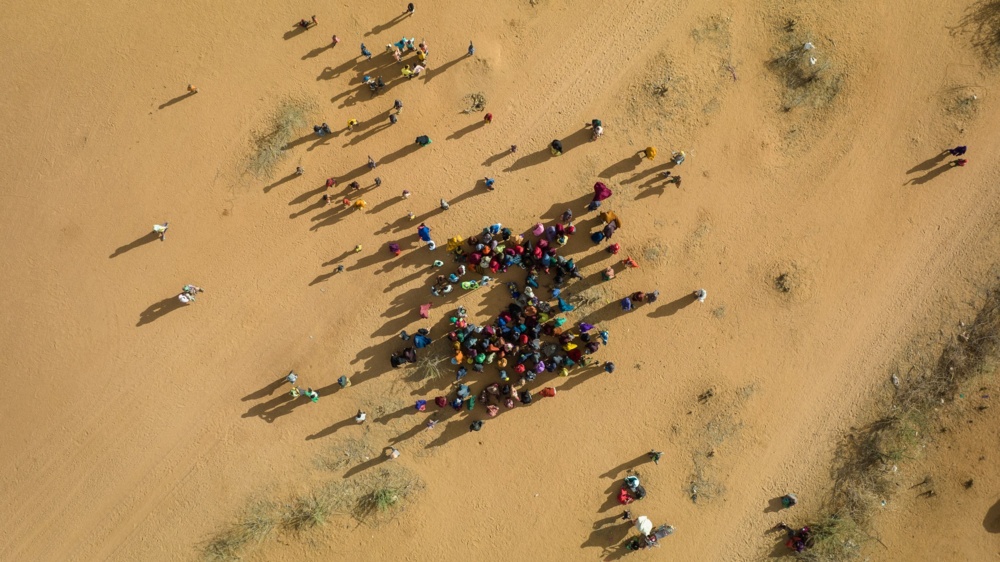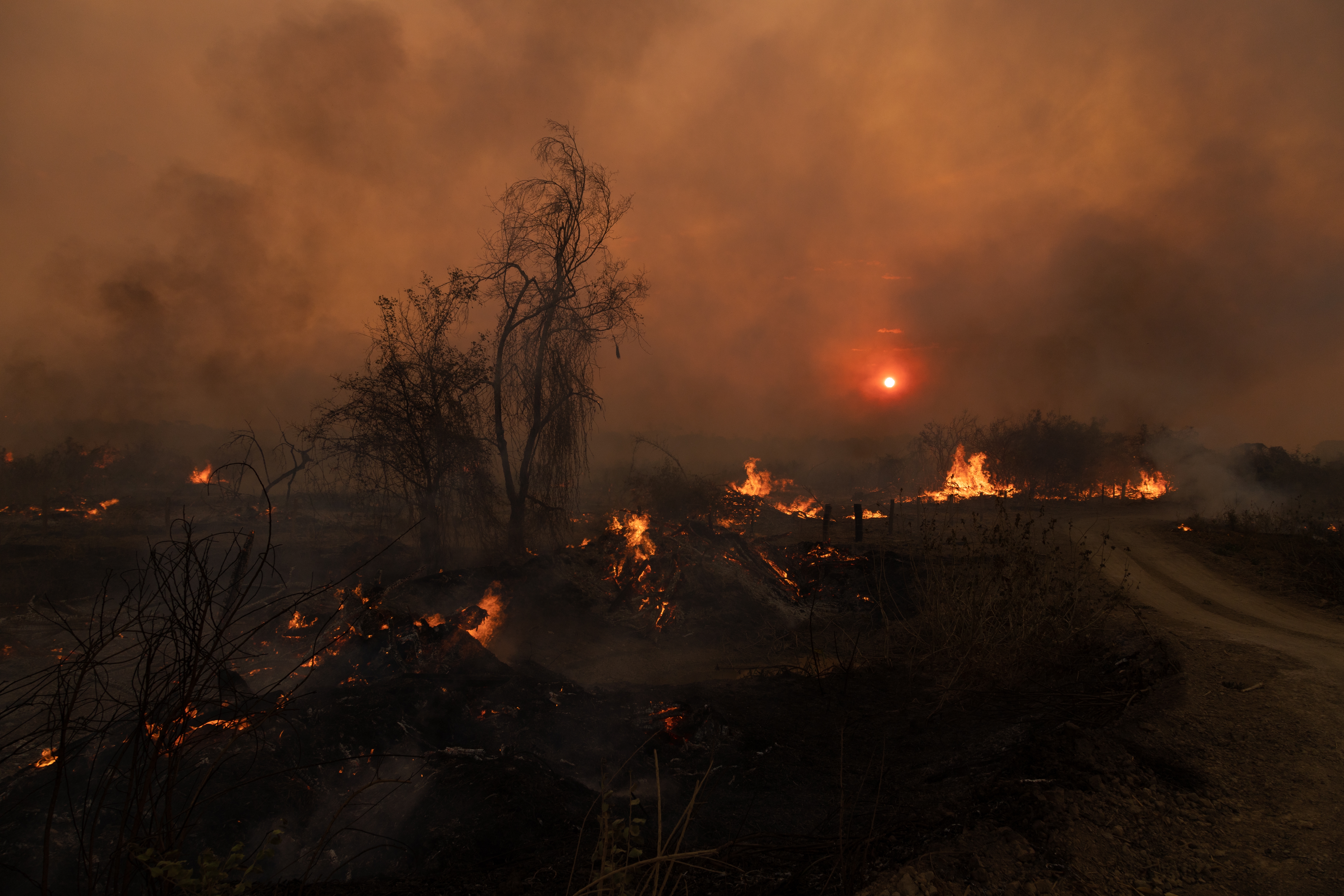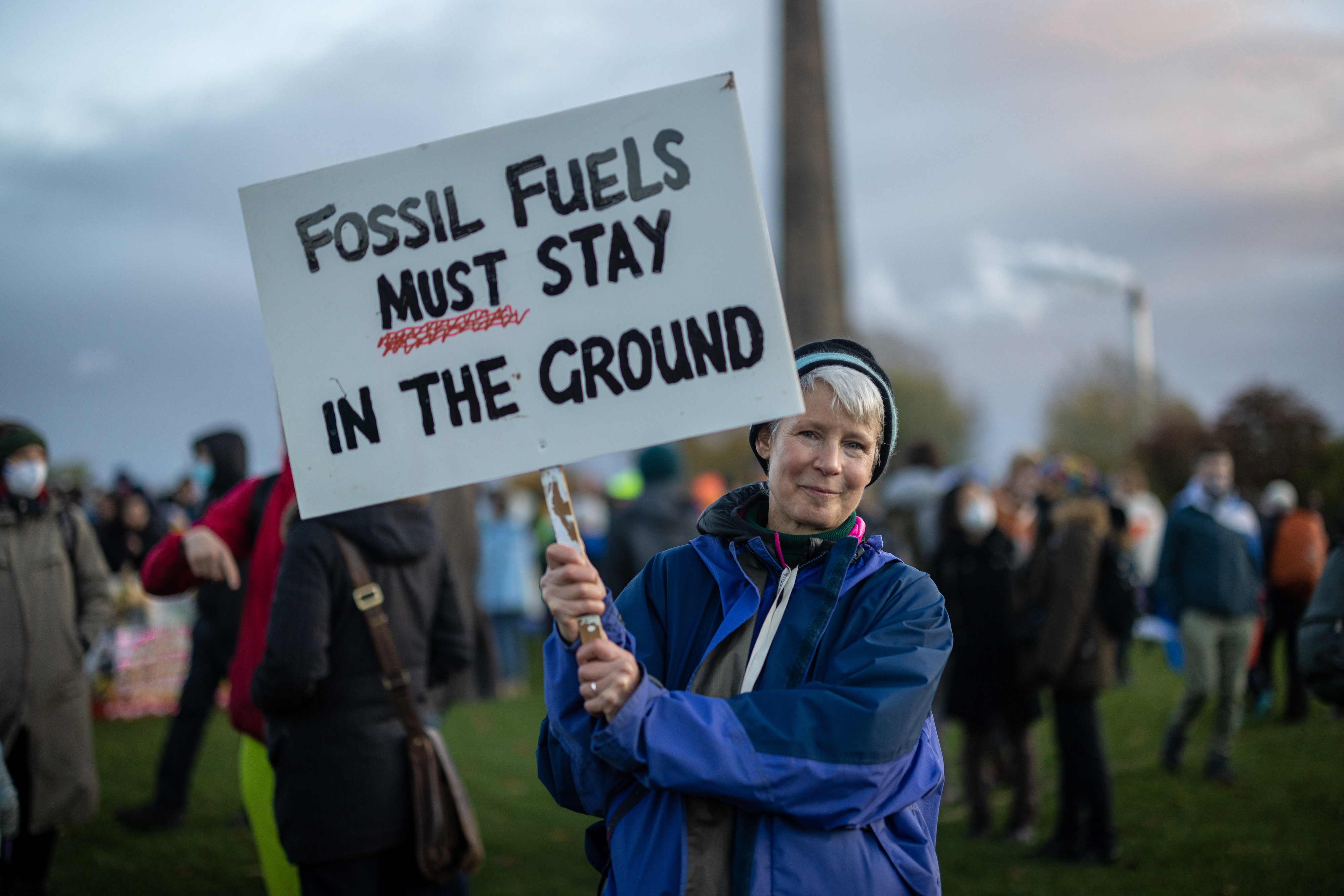
UK Government plans to abandon already modest climate commitments
On 28th June 2023, the independent Climate Change Committee - tasked with advising the government on reducing greenhouse gas emissions - reported that it is failing to meet nearly every climate target. The decision to give the go-ahead on fossil fuel projects, such as a new oil and gas field in the North Sea, has contributed to the committee’s belief that the UK has “slipped behind” while “other people have moved ahead”.
A week later, on 4th July 2023, a Guardian article reported that a leaked Foreign Office briefing note appears to reveal the government’s intention to drop its commitment to spending £11.6bn to combat the effects of climate change in developing countries.
In the meantime, the government’s Foreign Office minister Zac Goldsmith resigned, citing Rishi Sunak’s ‘apathy’ towards this pledge. He identified that so little has already been spent on supporting developing nations that, in order to meet this pledge, the government would have to brutally cut other humanitarian spending.
Combined, these headlines reveal the current government’s embarrassing and outdated resistance towards addressing one of the most urgent issues of our time.
The leaked briefing note claims that the pledge was made before the Covid-19 pandemic and the war in Ukraine and, consequently, the government can no longer afford to commit the £11.6bn.
If anything, it cannot afford to not meet this pledge. A 2020 UN report states that we are currently on track to reach 3 degrees Celsius of global heating by the end of the century, which translates to the displacement of at least 200 million people because of rising sea levels and 10% of the world’s biodiversity threatened with extinction.
If that doesn’t persuade the government to reprioritise, perhaps a reminder of the billions of pounds it wasted on unusable Covid-19 equipment awarded to private firms could.
In 2021, NGO Transparency International published a report which identified that at least 74 Covid-19 contracts, amounting to £3.7bn, raised one or more red flags for possible corruption.
Perhaps if the government had not spent billions of pounds on Covid-19 contracts made with close contacts using a ‘VIP lane’ deemed unlawful by the high court, and if the same government hadn’t cut international aid spending to only 0.5% GDP, this pledge wouldn’t seem so unachievable.
In response to the Guardian article, the government released a statement claiming that it had no intention of dropping the £11.6bn pledge. However, the leaked briefing states that if it did push to meet this amount for the international climate fund, it would “squeeze out room for other commitments such as humanitarian and women and girls”.
Seeing the international climate fund and humanitarian aid as unrelated is shortsighted. In recent years, some of the most brutal consequences of the climate crisis have played out in the Horn of Africa. In June, years of drought ended with severe flooding which displaced a quarter of a million people. According to UN figures, the drought preceding this - combined with violence and spiking food prices caused by the war in Ukraine - killed up to 43,000 people in Somalia.
These deaths are not occurring in a vacuum, untethered from the actions and responsibilities of countries like the UK. The wealth disparity between nations like the UK and Somalia point clearly to which countries are financially benefiting from industries feeding the climate crisis, and which countries are getting the blowback.
In December 2022, the EJF team went to Dadaab Refugee Camp in Kenya and directly witnessed the impact the climate crisis was having on vulnerable communities and, more specifically, women and children. A young radio journalist living in the camp told us that “women are the most vulnerable in the world… if she’s living alone with the kids, she fears for herself because of safety, she fears for her children because of food insecurity - so many things combined.”
Global heating is directly responsible for this displacement and loss of life. The UK Government must distribute the promised £11.6bn to avoid these same devastating consequences being amplified even further.
Image: an aerial photograph of refugees in Dadaab, taken by EJF.
SIGN UP FOR OUR EMAILS AND STAY UP TO DATE WITH EJF

